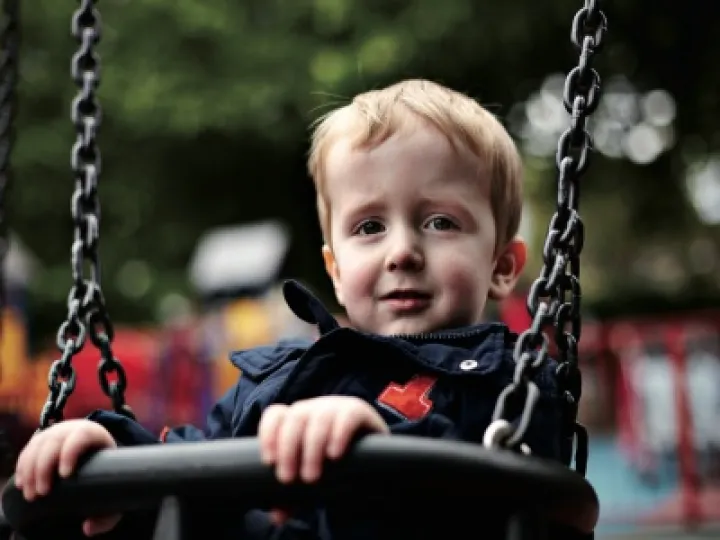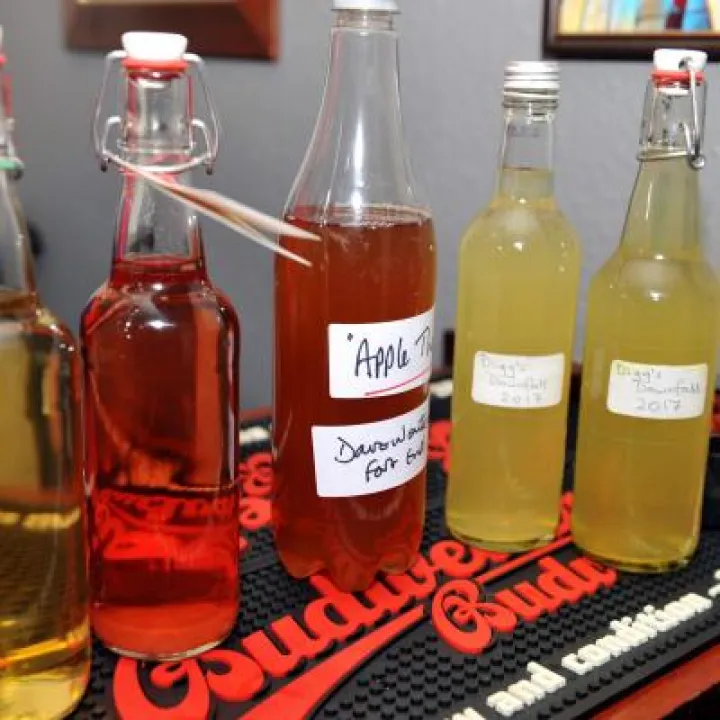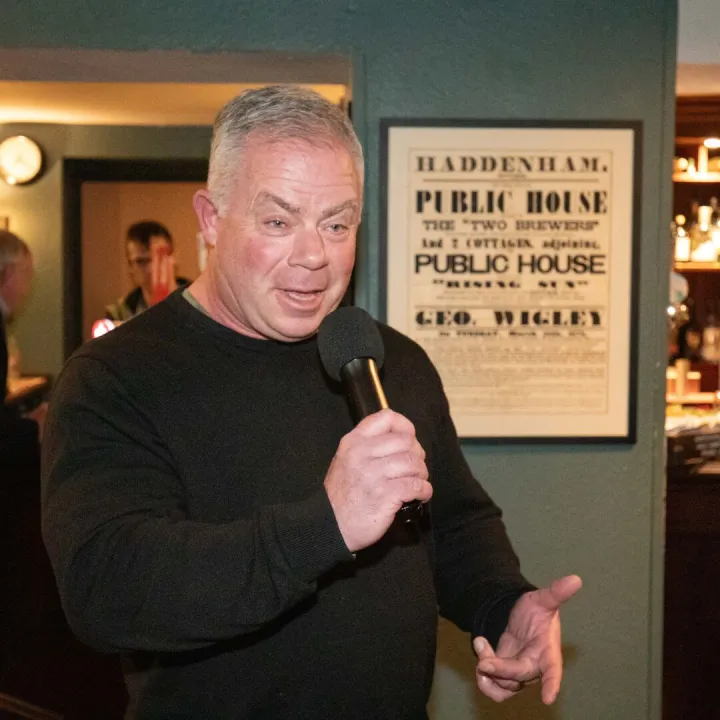GPs Role in Safeguarding Children?
GPs are ideally placed to take on a greater role in safeguarding children by spotting early warning signs of maltreatment and using their skills to provide children and their families with direct support, a new report concludes.
The report estimates that for every child who is subject to a child protection plan there are another eight who are experiencing neglect and emotional abuse but are not receiving services. The report, a collaboration between the Royal College of General Practitioners, the National Society for the Prevention of Cruelty to Children (NSPCC), and researchers from the University of Surrey and University College London's Institute of Child Health, said that GPs often got to know families better than did other professionals. As such they were ideally placed to identify possible neglect and provide early intervention that could help prevent a situation getting worse, they said.
The report reviewed research, policy documents, and national practice guidance relevant to the four UK countries. It called for a public health approach to child maltreatment and said that GPs should use their skills to provide children and parents with direct support, as well as referring cases to social care services when appropriate.
For example, the family doctor may be able to deal with problems that affect a parent's capacity to care for the child, such as mental ill health and drug or alcohol misuse. They could also advocate for parents to help them get help and support.
Jenny Woodman, from the Institute of Child Health and the report's lead author, said, "Policy and guidelines focus on the GP's role in referring children to social care services, but this is only a small part of what GPs can do. Policy makers should look at what is already happening in some GP practices and think about the policy and other services that can support GPs to use their skills as family doctors to help maltreated children and their parents."
Maureen Baker, chairwoman of the Royal College of General Practitioners, commented, "By recognising early signs of strain in children and their families, which may involve physical or emotional symptoms, GPs can be of real help and in some cases help prevent situations or conditions getting worse." She added that it was unacceptable that only half of trainee GPs currently got the opportunity to undertake a specialist paediatric placement during their training. The college is campaigning to extend GP training from three to four years, with a particular focus on child health and mental health.
Chris Cuthbert, head of strategy and development at the NSPCC, said, "By spotting opportunities to help families face to face and to intervene before problems become chronic, GPs could ultimately reduce the number of children needing to enter the child protection system. For example, they could monitor a parent who is struggling to care for their children, give them advice and support at appointments and check-ups, and advocate for the family with children's services."
The Royal College of General Practitioners has previously worked with the NSPCC to develop a child safeguarding toolkit for GPs. This is currently being updated for release later this year.
Jacqui Wise
British Medical Journal
08 July 2014







